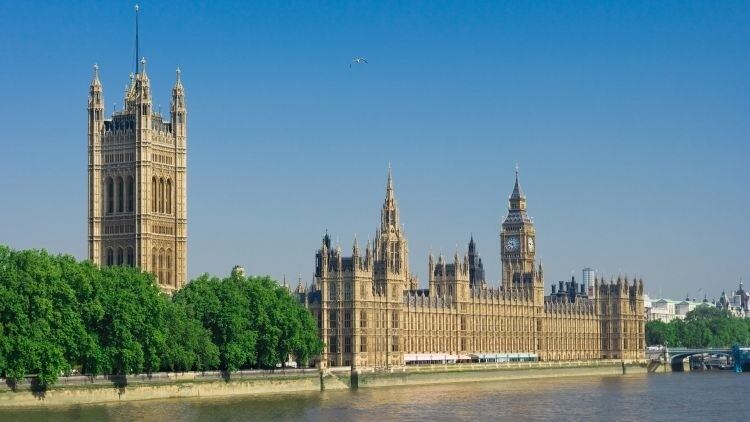This was compared to the same pre-pandemic period in 2019, according to the trading update announcement from the company. However, this was an improvement on the previous quarter when sales were down by 4%.
The most recent quarter also saw a rise in cocktail sales (up 18.6%), spirits (4.4%), food (2.1%), accommodation (8.4%) and fruit/slot machines (up 16.6%).
However, draught ales, lagers and ciders sales were 8% lower than the same period three years ago.
Looking at city centre sales, JDW sites in these areas other than London have been stronger than suburban locations or smaller towns.
One example is sales in central Cardiff for the latest quarter were up by 14.9%, in Newcastle it was a rise of 13.8% and Nottingham saw a 9.5% uplift.
Furthermore, Glasgow also saw a rise of 8.6%, a similar percentage (8.5%) in Bristol and Coventry (8.3%) as well as 7% in Manchester.
The update also reiterated calls for tax equality between the on and off-trade, cutting supermarkets paying zero VAT for food sales compared to pubs paying 20%.
It went on to outline how this disparity means supermarkets are able to subsidise the price of alcohol, to the detriment of pubs alongside the fact the off-trade pay lower businesses per pint than the on-trade.
It said until tax equality is in force, “pubs will always be fighting with one hand tied behind their back and will provide less in the way of jobs or taxes than they otherwise might”.
Investment history
The company also reported investing heavily in labour, repairs and marketing after Covid restrictions ended, to help strengthen its position for the financial year starting 1 August 2022.
As a result, it forecast losses for the current financial year would be higher than expected at about minus £30m on a post-IFRS 16 basis (about minus £23m on a pre-IFRS 16 basis).
While its sales now match those of pre-pandemic levels in 2019, labour costs are far higher. However, the company stated it is now largely fully staffed and retention levels have improved.
The average length of service for pub managers is now 13 years and 11 months (compared to 12 years and two months in its 2019 financial year).
For kitchen managers, it is now 10 years and five months (compared to eight years and one month in 2019).
The update also highlighted while repairs were reduced to minimal levels amid lockdowns, there has been an element of “catch up”.
This has meant repair costs in the 2022 financial year will be about £99m against £76.9m in the 2019 financial year.
Other costs for the business have included a substantial increase in marketing when changes in restrictions necessitated it such as new menus.
The company reported it has invested £128m into acquiring freehold reversions of 48 pubs since the 2019 financial year, of which it was previously the tenant.
This means the number of freehold pubs in JDW’s portfolio is now 582 – equating to 68.3% of its estate.
Moreover, the firm has “regeared” leases at 15 of pubs in this period, usually at lower rents than previously applied, with fixed, five-yearly rent reviews.
Chairman comment
These are significantly below current inflation rates. Of JDW’s 270 leasehold site, 116 now have fixed rental increases.
The well-documented energy price hikes are being tackled by the business with contracts for energy supplies until the end of the 2023 financial year being at fixed prices, predating the current spike in energy costs.
JDW chairman Tim Martin said: “When Covid-19 struck in early 2020, most Governments, with the exception of Sweden, abandoned their WHO-approved pandemic plans and copied China’s approach by ‘locking down’.
“There have been many unintended consequences. Large numbers of people, as has been widely reported, have left the workforce, mainly through early retirement.
“Many people now work from home, rather than from offices, which has had a significant impact on transport and hospitality businesses, among other examples.
“The ‘fear factor’, used by Governments to encourage compliance with lockdowns and restrictions, has also had lingering after-effects, with many people remaining cautious about leaving their homes.”
The JDW boss also outlined how the company is planning ahead for its growth in the future.
He added: “Inflation, mainly a result of the ‘money printing’, which was activated by Governments and central banks to finance lockdowns, has proved to be far higher and more intractable than anyone anticipated.
“JDW has tried to take a long-term approach to these issues, investing heavily in the workforce, in buildings, in marketing and in contracts with landlords and suppliers, which will hopefully create a solid base for future growth.
“The company remains cautiously optimistic about future prospects.”





